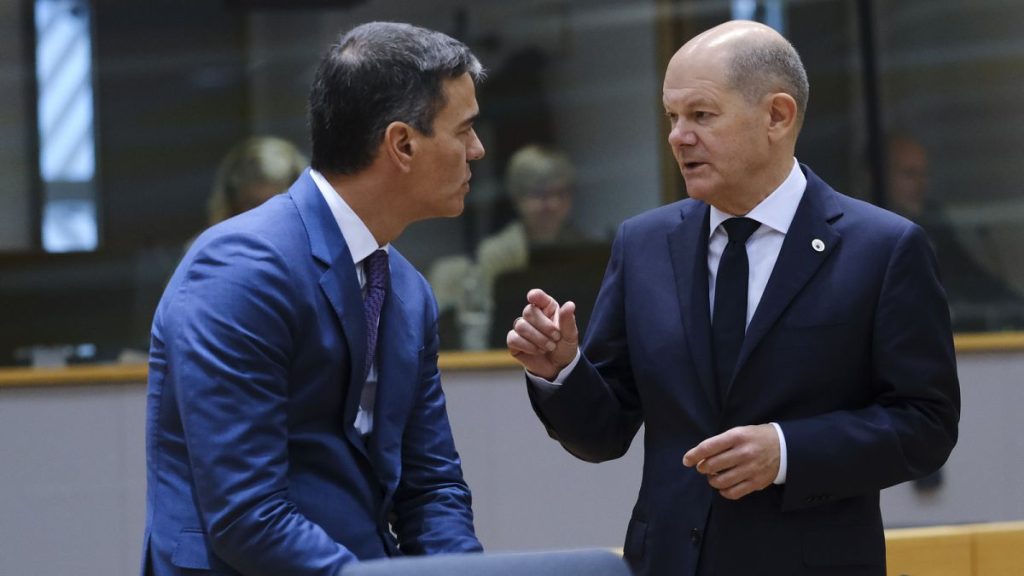Diplomatic sources have revealed that the recent escalation in Lebanon has caused a shift in the attitudes of EU leaders towards Israel’s operations. The EU leaders gathered in Brussels for a summit, where they called for de-escalation in the Middle East, the release of Israeli hostages in Gaza, and condemned Israel’s attacks on UN peacekeepers. The mood among leaders has changed, with once deeply divided stances on Israel’s actions now starting to come together. Spanish Prime Minister Pedro Sánchez noted that countries that have traditionally supported Israel are now finding it difficult to defend the government of Benjamin Netanyahu.
Israeli forces have expanded their offensive into southern Lebanon, specifically targeting the UN peacekeeping troops of UNIFIL, which include personnel from 16 EU countries. This has caused a further shift in the attitudes of EU leaders, with reports of Israeli forces firing at the peacekeeping troops. Despite this, there is still no majority support for using the EU’s economic power to put pressure on Netanyahu’s government. Ireland and Spain have called for the European Commission to re-open its trade deal with Israel in an Association Council. However, Israel has agreed to discuss the Association Agreement, with the condition that the discussions do not relate to the situation in Gaza.
Israeli Prime Minister Benjamin Netanyahu has accused the Hezbollah militant group of using UNIFIL troops as “human shields” and has demanded that the peacekeeping forces leave southern Lebanon. However, EU leaders have expressed their support for the fundamental stabilisation role of UNIFIL in southern Lebanon and have called on all parties to protect and support their mission. The EU’s top diplomat, Josep Borrell, has also invited Israel to an Association Council to assess its compliance with human rights obligations. The trade agreement between the EU and Israel is conditional on the respect for human rights and democratic principles.
Irish Taoiseach Simon Harris has indicated that his government may revive a 2018 bill outlawing trade between Ireland and Israeli settlements in the occupied West Bank and East Jerusalem. This move would see Ireland imposing unilateral trade restrictions on Israel, with Belgium and Spain indicating support for the Irish initiative. However, they have not committed to acting without the backing of the EU. The shift in attitudes among EU leaders towards Israel’s actions, particularly in relation to the situation in southern Lebanon and UNIFIL, is seen as a significant development in EU-Israel relations. While there is no majority support for imposing trade restrictions, there is an increasing appetite among some EU leaders to address the situation through diplomatic channels.


